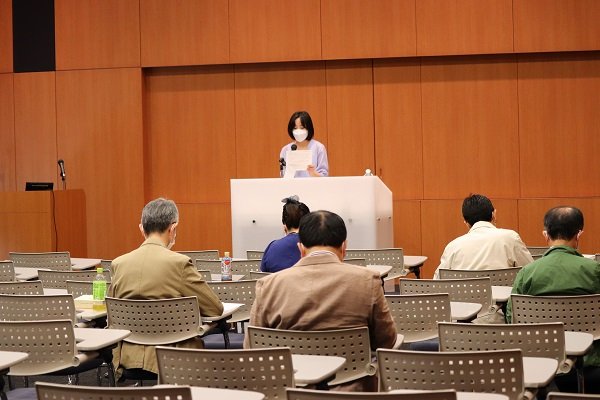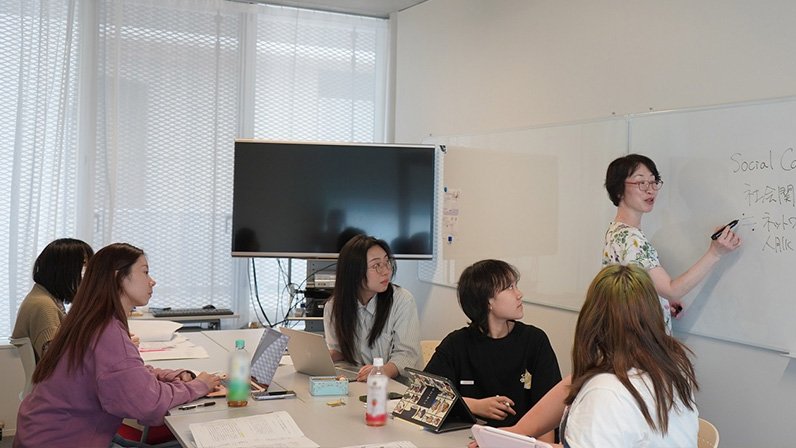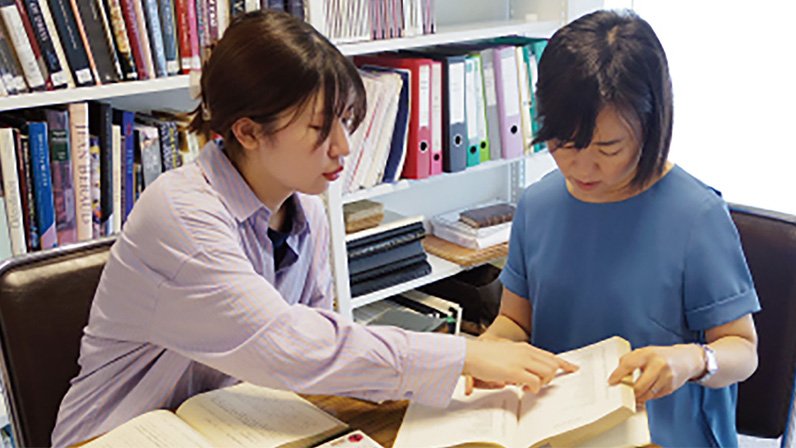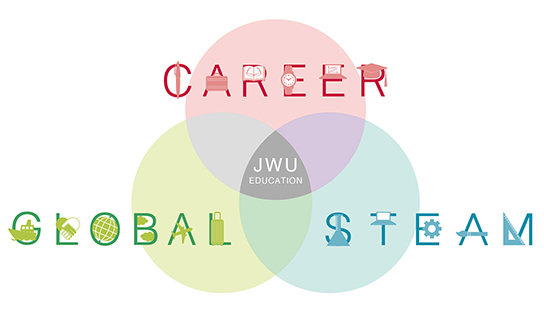The Division of Education aims to cultivate students’ abilities to understand human beings and society, and the relationship between the two with expertise in education, as well as to make appropriate judgments with academic knowledge and a professional perspective by considering various aspects of educational phenomena.
The Division of Education aims to cultivate students’ abilities to understand human beings and society, and the relationship between the two with expertise in education, as well as to make appropriate judgments with academic knowledge and a professional perspective by considering various aspects of educational phenomena.
Class I teaching license holders can obtain a specialized teaching license for kindergartens, elementary schools, junior high schools (social studies) and high schools (civics) after earning the necessary credits in the Master’s program.

The division cultivates theoretical and empirical research skills in a wide range of education and learning, and fosters practitioners and researchers with advanced professional skills in school education, social education and family education.
The curriculum is designed to balance theory and practice in order for students to deepen their understanding and professional insight into educational phenomena in the home, school and society. In order to foster practitioners and researchers with advanced professional skills, the division offers a wide range of subjects that incorporate literature-based, quantitative, and qualitative methodologies, and interdisciplinary and international research to advance professional studies in education, while at the same time providing thesis guidance mainly through individual guidance. Working adult students can seek individual advice about their course completion.
List of subject names
Faculty member introduction
Faculty members with a wide range of specialties provide education.





